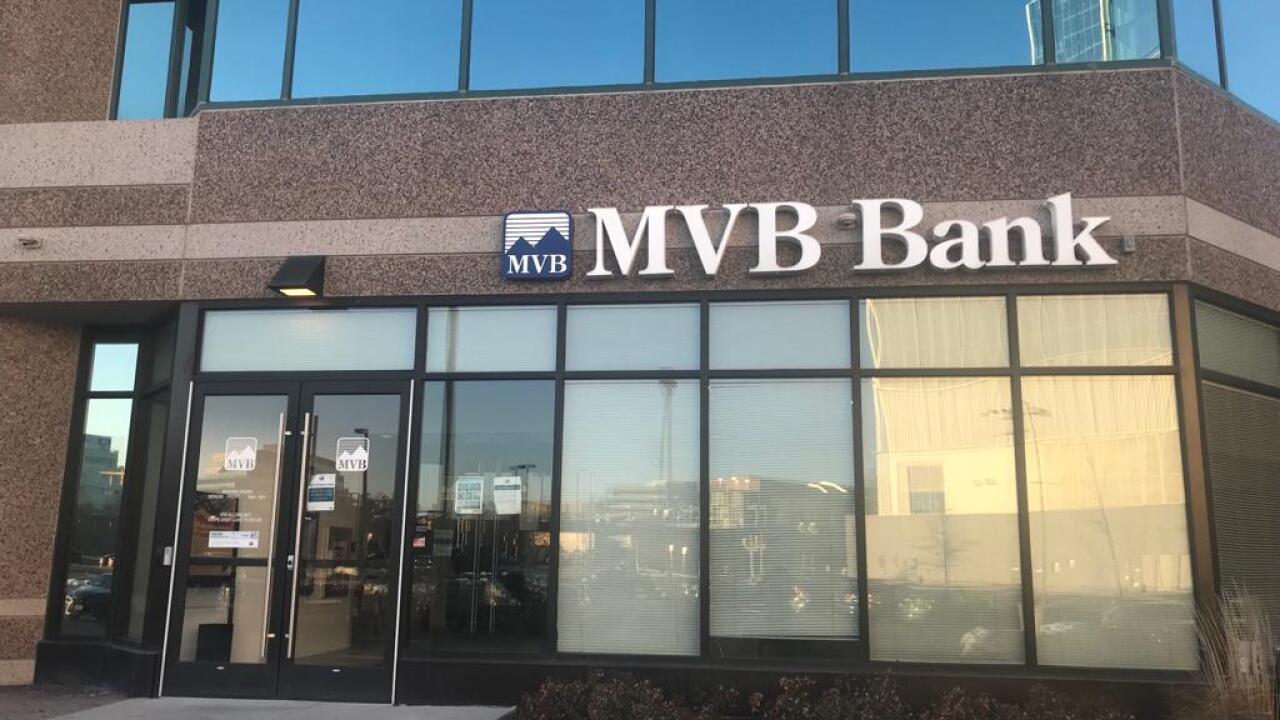Media properties and financial services rarely go hand in hand, but in Canada one partnership is testing whether today's millennials will be more open to that kind of pairing.
Though past efforts, such as
The result of the two Canadian companies' three-year partnership won't be a new bill payment portal or a personal financial management website, but rather a new way to promote prepaid card use as a new audience for the product comes of age.
"The media industry is hungry for new people and new models," said Dave Feller, founder and CEO of Mogo.
Postmedia, which includes 200 brands across print, online and mobile platforms, is looking to ease a heavy debt load. It has agreed to promote the Mogo Platinum Prepaid Visa card and other financial services such as MogoMoney loans of up to $35,000. It's a "skin in the game" partnership, as Mogo saves on marketing costs while the media company will receive performance-based revenue, which could potentially be more lucrative than a traditional ad buy.
Mogo will pay Postmedia a revenue share equal to 4% of existing revenues and 11% of incremental revenues. Postmedia has also received five-year warrants to acquire 1.2 million common shares of Mogo at $2.96 per share. Half of the warrants vest in equal installments over three years and the other half vests in three equal installments based on quarterly revenue targets.
For Mogo, a financial brand that has about 150,000 customers and specializes in attracting young consumers, the attraction to prepaid is easier to understand than the attraction to newspapers.
Canada doesn't have a large prepaid card market, but that market is set to balloon
And from prepaid accounts, it's a short hop to loans and eventually mortgages, a strategy deployed by other bank alternatives such as
"Prepaid is part of it, and can be part of a broader set of financial services," Feller said.
Mogo, which is also active in social networks—a more common way for prepaid issuers and financial startups to build their brand—wants a way to mass market its products with economic efficiency. That makes the revenue sharing agreement more sensible than a straight up ad buy. Postmedia's network includes the National Post, Financial Post, Toronto Sun, Vancouver Sun, Ottawa Citizen, Calgary Herald and destination sites such as Canada.com, driving.ca and canoe.com.
"Getting broad based awareness can be expensive," Feller said. "So they will share in the revenue growth and shareholder value. Their goal is to help grow the Mogo brand."
Postmedia and Mogo's collaboration has a minimum value of $50 million over the next three years. The media chain, which is owned by New York hedge fund Golden Tree Asset Management, has about 13 million average unique visitors each month to its digital properties and 8.3 million weekly print readership. It also has a debt load that will pass $300 million by 2017, a burden that company CEO Paul Godfrey has referred to as a
Feller is betting consumers will seek more established news content amid a "sea" of online content.
"Their brands have a credibility and
In an email, Phyllise Gelfand, vice president of communications for Postmedia, said the chain was “very excited” about the revenue sharing agreement. It won’t change the debt structure per se, but generally speaking the revenue does go toward reducing debt, Gelfand said.
"You have a startup that needs brand awareness and media that needs new sources of revenue," said Nicole Sturgill, principal executive advisor at CEB. "If financial technology startups want a deal like this, they should start shopping that now."
But the model has its limitations. "Banks and credit unions can't do revenue sharing or equity participation, so they have less to offer outside of direct payment for advertising and marketing services."





